MANILA, Nov 14, V7N - The Philippines raised its highest storm alert on Thursday as Super Typhoon Usagi approached the northern regions of Luzon, prompting mass evacuations. With sustained winds reaching 180 km/h (112 mph), Usagi is set to make landfall in the afternoon, marking the fifth storm to strike the country in less than a month.
This relentless series of storms has already claimed 159 lives, with the United Nations calling for $32.9 million in aid to assist affected areas.
Warnings and Evacuations
The Philippine Atmospheric, Geophysical and Astronomical Services Administration (PAGASA) has issued warnings of "intense to torrential rain" and life-threatening coastal waves as high as three meters (nine feet). The storm could cause severe damage to lightweight structures and disrupt critical infrastructure.
In Cagayan province, civil defense authorities began evacuations in coastal and flood-prone areas. Rueli Rapsing, Cagayan’s civil defense chief, estimated around 40,000 people would be moved to shelters, many of whom were already displaced by previous storms.
The Cagayan River, the country’s largest, remains swollen due to recent heavy rainfall, prolonging flooding in downstream communities.
Successive Storms Exhaust Resources
As the Philippines prepares for Usagi, it also faces the imminent arrival of Tropical Storm Man-yi, expected to hit Metro Manila this weekend.
“Typhoons are overlapping,” said Gustavo Gonzalez, UN Philippines Resident and Humanitarian Coordinator. “As communities attempt to recover, the next storm hits, exhausting response capacity and depleting budgets.”
Increasing Storm Intensity
The Philippines is no stranger to tropical cyclones, with 20 major storms striking annually. However, climate change has intensified their impact. A recent study highlighted that typhoons in the Asia-Pacific are forming closer to coastlines, strengthening rapidly, and lingering longer over land.
The current wave of disasters underscores the urgent need for strengthened disaster resilience and international aid as communities battle overlapping crises.
END/WD/RH/



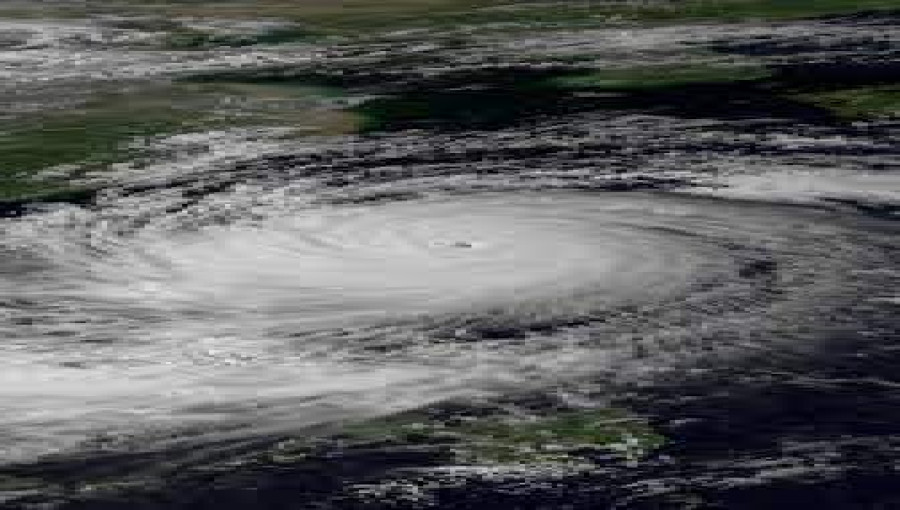



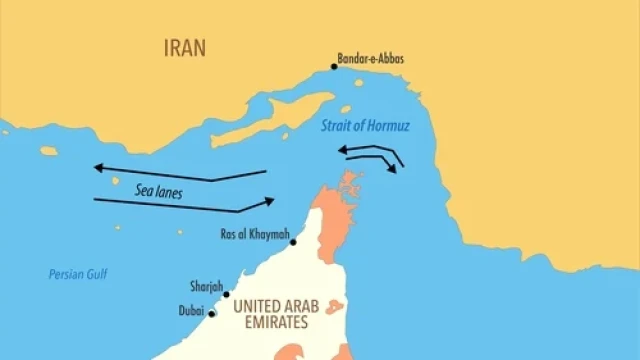




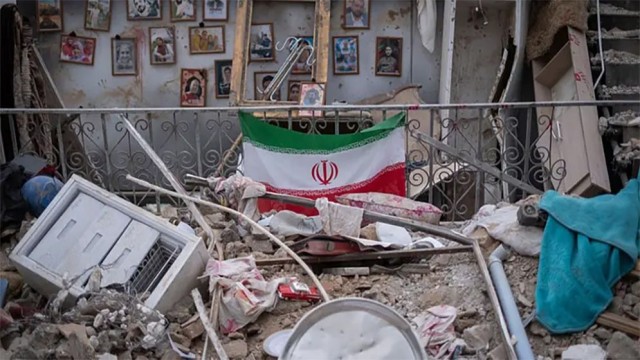
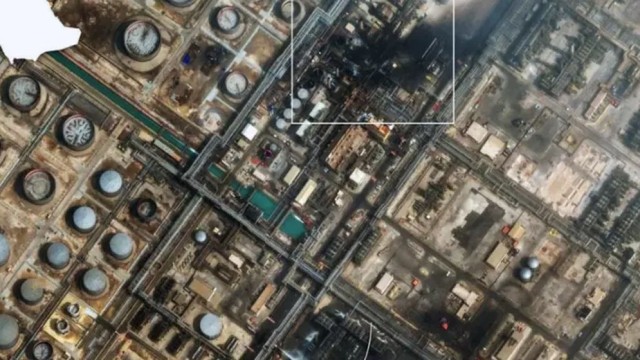



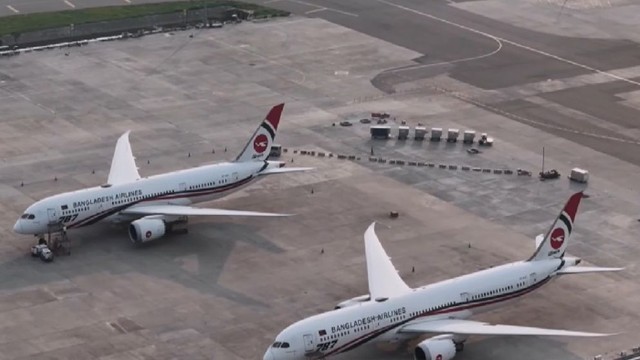











Comment: